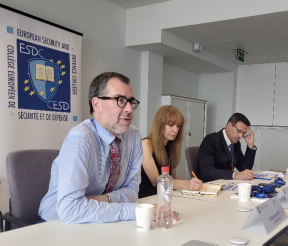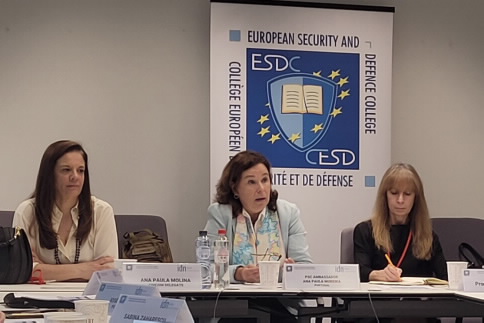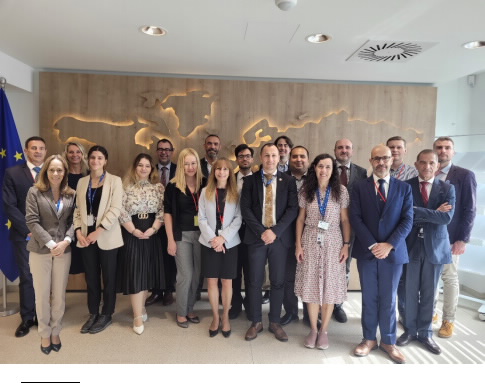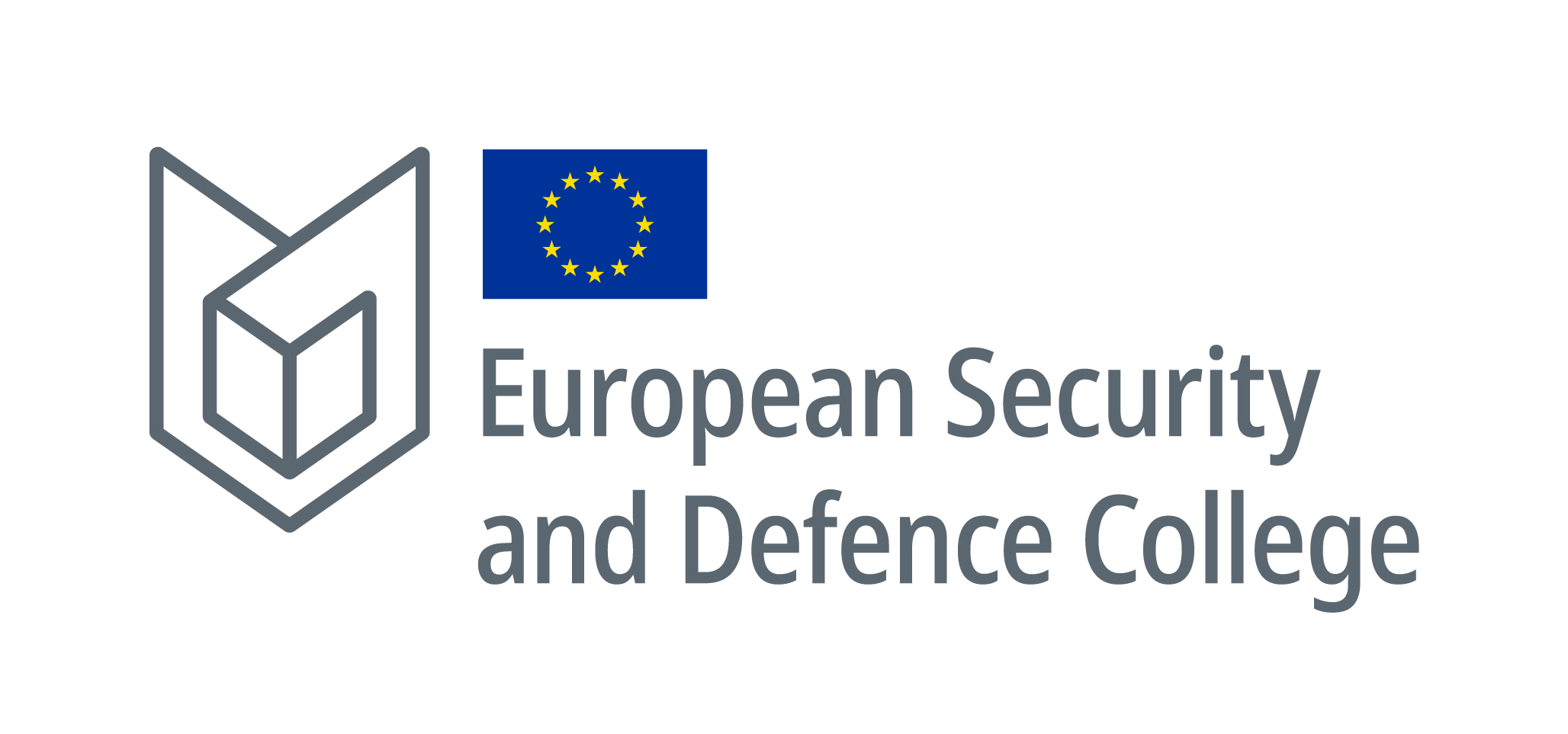From 20 to 22 June, the European Security and Defence College hosted a training course on civilian aspects of EU crisis management, co-organised in partnership with Portugal’s National Defence Institute. The course held in Brussels provided participants with insights and practical approaches to the civilian Common Security and Defence Policy (CSDP) in the European Union.

The 15 participants from seven Member States and EU institutions and agencies had the opportunity to learn from knowledgeable speakers, mostly from the European External Action Service who shared their knowledge and expertise in Civilian CSDP. The course covered topics such as the new Civilian Compact and its deliverables, the various phases of the planning and implementation of a civilian CSDP mission, and the recent establishment of two CSDP missions in Moldova and Armenia. Through the comprehensive exploration of these subjects, the course equipped participants with a thorough understanding of the latest developments and initiatives within civilian CSDP. In addition to hearing speakers, participants engaged in critical analysis of case studies and real-life examples. Exploring these scenarios paved the way for thoughtful discussions on potential paths to modernisation and improvement in crisis management.
The course reached its high point with the insightful remarks delivered by Her Excellency Ana Paula Moreira, Portugal’s Permanent Representative to the Political and Security Committee. In her view, it is crucial to revitalise civilian CSDP in order to contribute to global peace and security, especially given the current geopolitical situation. Particularly, she emphasised how civilian CSDP objectives are in line with the UN New Agenda for Peace. She highlighted the role of civilian CSDP in conflict prevention, as well as in post-conflict stabilization and called for greater public awareness and support for civilian CSDP operations.

ESDC training such as the course on civilian aspects of EU crisis management plays a crucial role in enhancing the knowledge and skills of professionals involved in crisis management, fostering cooperation among European Union Member States, and promoting the development of effective civilian responses to various security challenges.We thank all the speakers for their excellent inputs, all the participants for their active engagement, and the National Defence Institute for the organisation.




